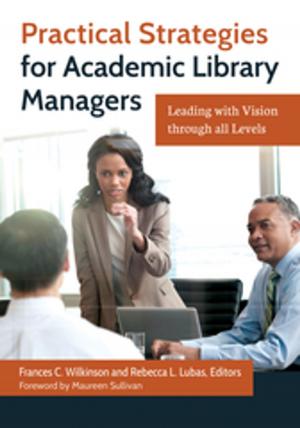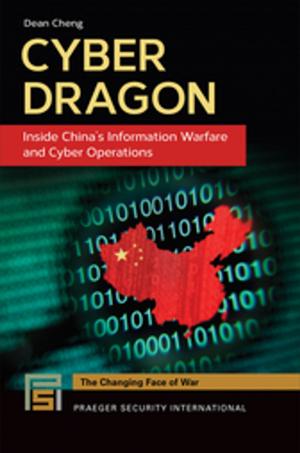The Whole School Library Learning Commons: An Educator's Guide
An Educator's Guide
Nonfiction, Reference & Language, Language Arts, Library & Information Services| Author: | Judith Anne Sykes | ISBN: | 9781440844218 |
| Publisher: | ABC-CLIO | Publication: | August 29, 2016 |
| Imprint: | Libraries Unlimited | Language: | English |
| Author: | Judith Anne Sykes |
| ISBN: | 9781440844218 |
| Publisher: | ABC-CLIO |
| Publication: | August 29, 2016 |
| Imprint: | Libraries Unlimited |
| Language: | English |
It is no surprise that technology has shifted the way we educate—bearing on how, what, and where we learn. This guide lays the framework for helping turn your school library into a whole school library learning commons (WSLLC)—a space where traditional academics merge with the latest technologies to engage learners in a way never before realized.
Author Judith Anne Sykes contends that since the WSLLC philosophy allows staff and students to co-create knowledge in a shared space, it is more effective than the traditional approach. Sykes addresses the differences between a school library and a WSLLC, provides reasons to champion its creation in your institution, and discusses how to use mentoring as a means to sustain its survival. The book explores the roles and responsibilities of educators in developing WSLLC goals and presents strategies for using typical assessment tools—including standardized tests, report cards, and anecdotal assessments—to help support its philosophy.
It is no surprise that technology has shifted the way we educate—bearing on how, what, and where we learn. This guide lays the framework for helping turn your school library into a whole school library learning commons (WSLLC)—a space where traditional academics merge with the latest technologies to engage learners in a way never before realized.
Author Judith Anne Sykes contends that since the WSLLC philosophy allows staff and students to co-create knowledge in a shared space, it is more effective than the traditional approach. Sykes addresses the differences between a school library and a WSLLC, provides reasons to champion its creation in your institution, and discusses how to use mentoring as a means to sustain its survival. The book explores the roles and responsibilities of educators in developing WSLLC goals and presents strategies for using typical assessment tools—including standardized tests, report cards, and anecdotal assessments—to help support its philosophy.

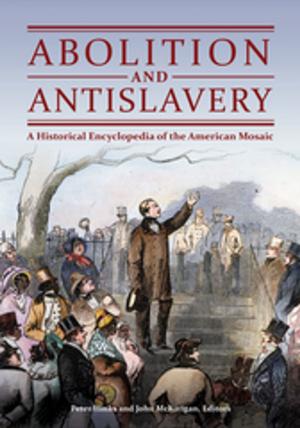
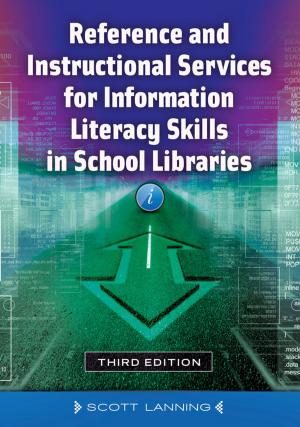

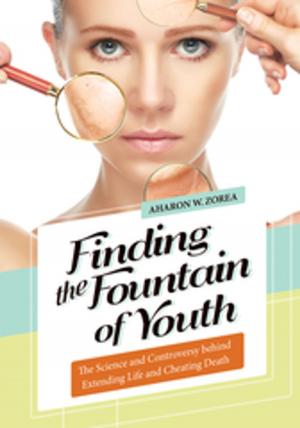
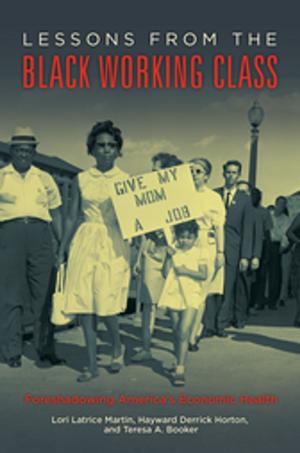
![Cover of the book Encyclopedia of Sleep and Dreams: The Evolution, Function, Nature, and Mysteries of Slumber [2 volumes] by Judith Anne Sykes](https://www.kuoky.com/images/2012/june/300x300/9780313386657-AIQC_300x.jpg)
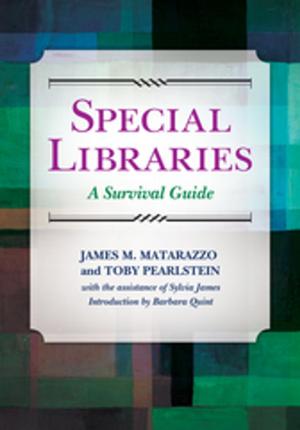
![Cover of the book The World of the American Revolution: A Daily Life Encyclopedia [2 volumes] by Judith Anne Sykes](https://www.kuoky.com/images/2015/august/300x300/9781440830280-TJGj_300x.jpg)
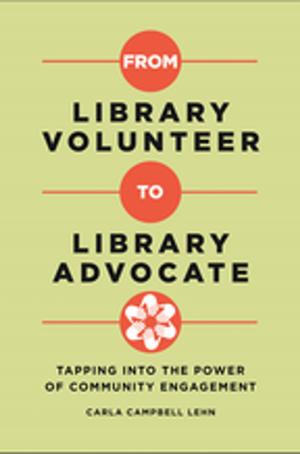

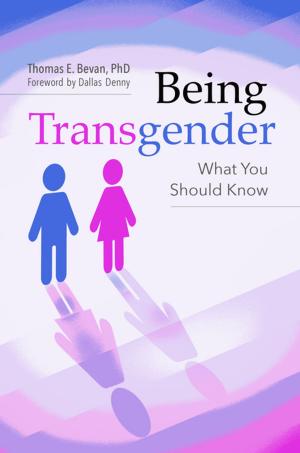
![Cover of the book The Psychology of Hate Crimes as Domestic Terrorism: U.S. and Global Issues [3 volumes] by Judith Anne Sykes](https://www.kuoky.com/images/2016/november/300x300/9781440839078-cJQT_300x.jpg)
